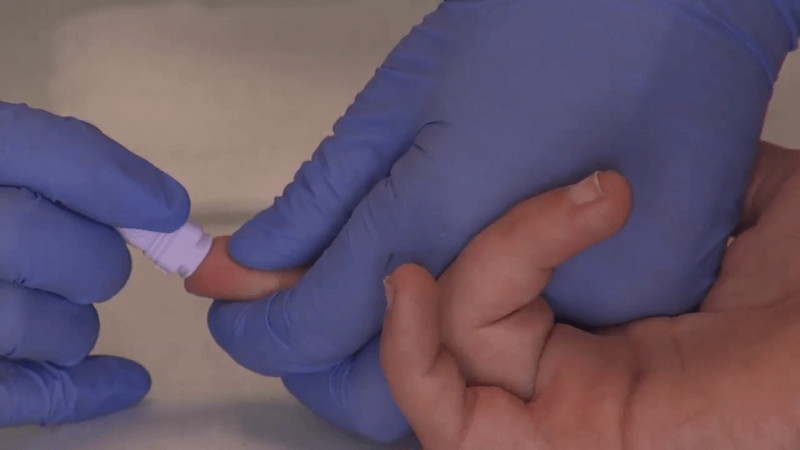The hunt is on for a coronavirus antibody test that tells people whether they have had COVID-19 and are immune.
But before a test can be rolled out to the public, authorities have to make sure it is accurate enough.
A number of antibody tests, called serology tests, have already failed to meet requirements … .
How do coronavirus antibody tests work?
They look similar to a pregnancy test and would involve a single prick blood test to analyse whether there are any COVID-19 antibodies present.
…
When can people be tested for antibodies?
…
Dr James Gill, locum GP and honorary clinical lecturer, Warwick Medical School, explained: “The antibody IgM is the body’s first response to an infection, normally within five to 10 days of an infection taking hold, peaking at 21 days after the infection.
“That time frame is crucial, if you have just developed symptoms you think are coronavirus, it will take approximately a week for your body to raise IgM antibodies to the virus.
“Now whilst with coronavirus we do have evidence of IgM being present in the blood within one day of symptoms, but that isn’t going to be a reliable test at that stage, as there likely won’t be large amounts of IgM to detect.”































